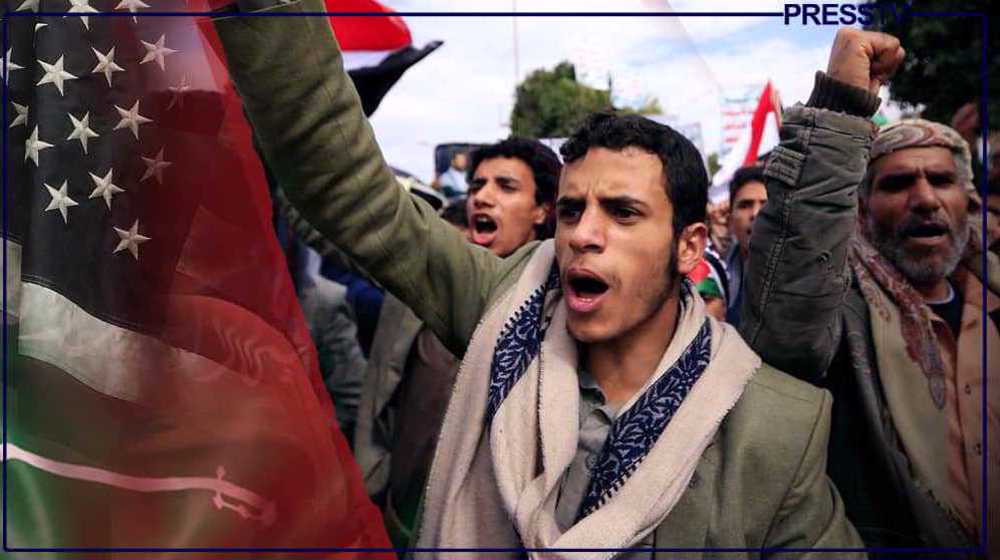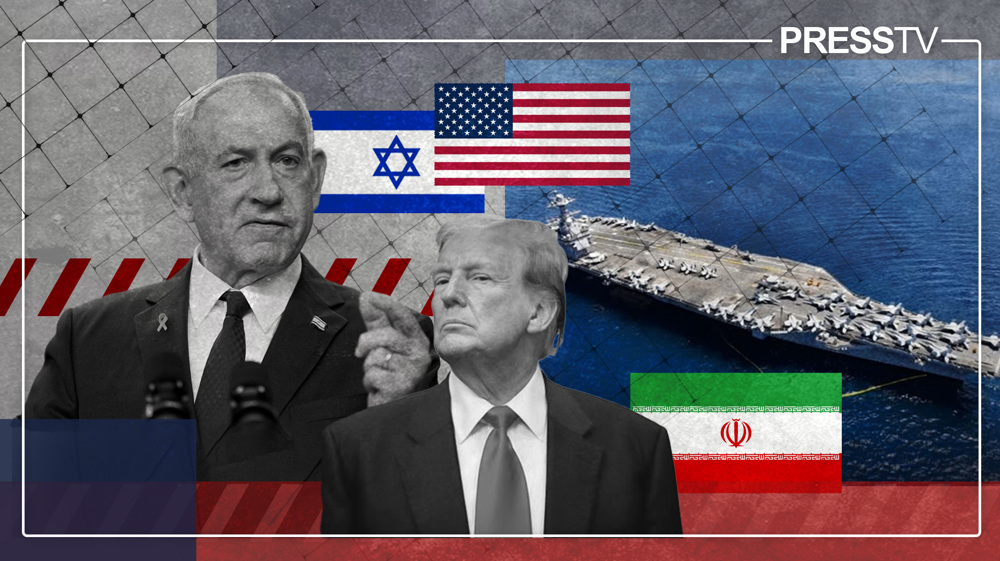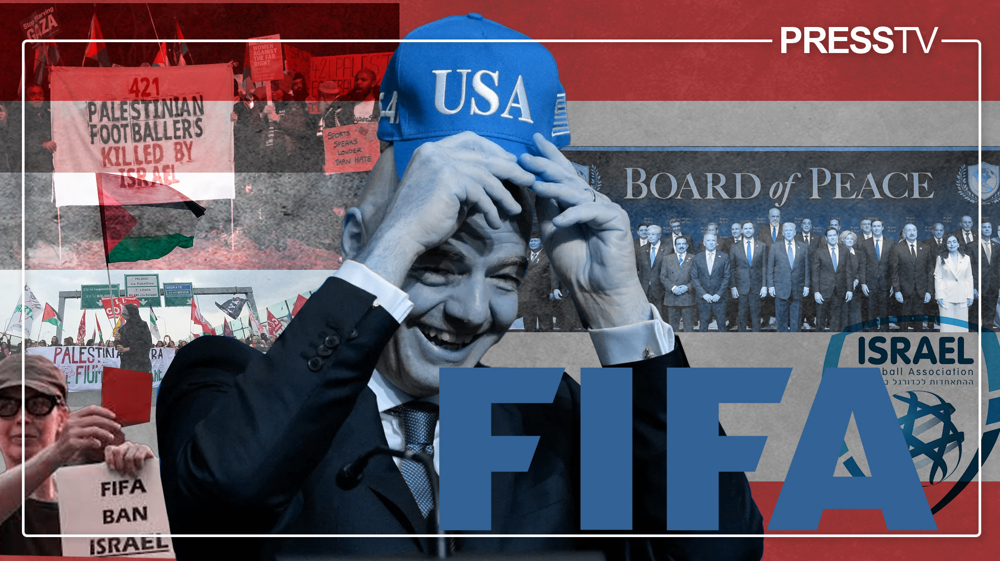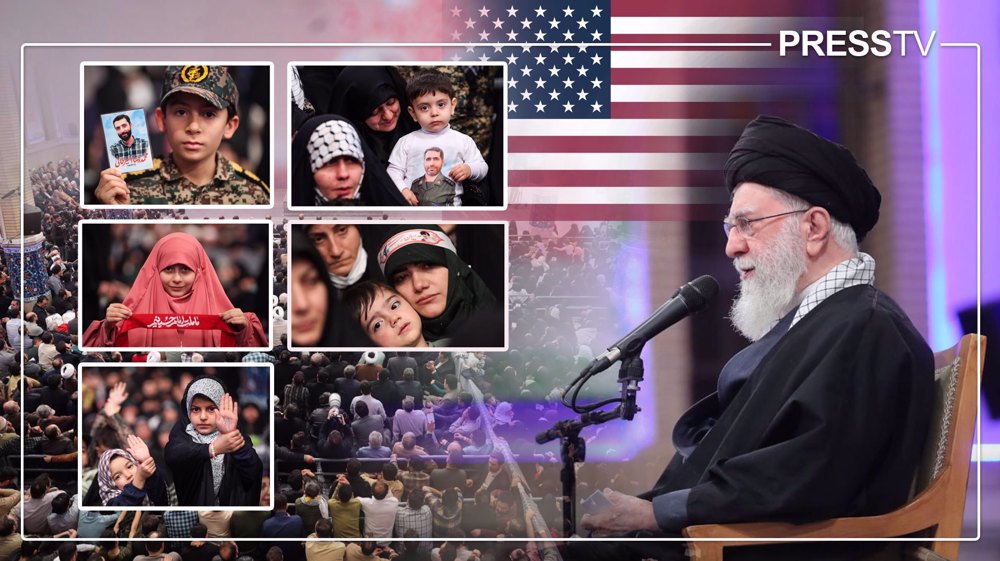Yemeni govt.’s initiative for ending war in Ma’rib
By Karim Ja’fari
Simultaneously with the appointment of the United Nations’ new envoy to Yemen, consultations as well as political and diplomatic pressures, and, of course, the United States and the UK’s entreaty for an end to the war in Yemen sustain themselves. The Yemeni army and Popular Committees’ extensive victories over the past two weeks have caused the American side to finally despair of stopping Ansarullah through military means and seek out another approach.
It was for this reason that the White House’s envoy for Yemen made several trips to the region over the same two weeks. She visited Riyadh and Muscat, meeting with a countries’ officials. The Saudi side practically fights for the Americans and lacks all internal inclination towards the continuation of the war. However, it is trying to exit while still saving its face. For the American side, the fate of the city of Ma’rib is very important and it is engaging in the consultations for the same reason.
Over the past seven years, the British and Americans did not spare any crime against the Yemeni nation. Crimes of such enormity that should something slightly resembling them have happened in a country such as China, Russia or Iran, these countries would have had seven or eight resolutions issued against them and faced hundreds of condemnations on the part of the bogus Western human rights organizations. Nevertheless, all these pressures led nowhere and starving the Yemenis did not make them sell out their scruples.
The West's heavy investment in Ma’rib did not bring along any victory for them. Their direct interference in the war in the city showed that, although they may be bigger in numbers and have greater equipment at their disposal, they have nothing on the Yemeni fighters in the area of designing and enacting battleground operations. Simply put, it should be said that the Emiratis departed from the battleground several years ago and admitted defeat. The Saudis are awaiting the smallest sign on the part of London and Washington, and the latter two, themselves, are facing a deadlock too.
The Sana’a forces are leading a winning strategy, which features a gradual approach towards the city. Their scenario comprises laying a siege on the city either directly or taking it under barrages of fire. Doing this, they would be leaving the coalition’s forces just one outreach pathway through Hadhramaut. The Ma’rib battle signifies greatly since defeat in it equals the defeat of Mohammed bin Salman’s adventurism in Yemen. Moreover, the war has impacted greatly on Saudi Arabia too because it has caused it to come under successive rocket and drone attacks by Ansarullah. The war casts a long shadow on Saudi Arabia.
However, after Wendy Sherman's trip to Muscat and on a demand made by the Omani side, Yemen’s National Salvation Government submitted its initiative for ending the war in the Ma’rib Province to the Omani mission. The initiative is actually the most generous one that the Yemenis can put on the table. And if the Saudis and the Americans do not accept it, Ma’rib would be besieged from the direction of the Shabwa Province. Here are the provisions of the initiative:
1. Formation of a common directorate comprised of Ma’rib’s locals towards the protection of security and stability, and expulsion of al-Qaeda and Daesh’s terrorists from Yemen
2. Provision of guarantees of free movement, freedom of all the abductees, compensation of those who suffered during the coalition’s operations, return of those who have been displaced and migrated from the province, and an end to aggression on Ma’rib’s residents
3. Allocation of the revenues that are made from exports of oil derivates from the al-Hudaydah port to the provision of payment for Ma’rib’s people
4. Renewal of the operations of the province’s gas power plant, guaranteed commitment to the provision of the other province’s share of oil and gas, and formation of a joint committee tasked with repairing the SAFER-operated Ras Isa oil pipeline
Previously too, Mohammed Abdul-Salam, head of Sana’a’s negotiating team and Ansarullah’s spokesman, had told al-Mayadeen, “We came to an agreement with the Omani delegation over the resolution of the humanitarian case. We see no inclination on the part of the enemy coalition’s constituent countries towards peace, and it is just the Omani side, which has initiated the negotiation process here. Our initiative awaits the approval of the other side. The initiative features agreement on freedom of all those who are captive in Ma’rib, and compensation of those who have suffered. We also agreed on Ma’rib’s governance by its own people through an all-inclusive governing body.”
Abdul-Malik al-Ojari, one of Ansarullah’s leading figures, had also said previously that “Ansarullah had assumed that Ma’rib’s battle would not be easy. We have not set a timetable for the conflict. The goal is to liberate the city. We take steps towards liberating it as well as other occupied cities and provinces from the filth of the occupiers. The Yemeni army and Popular Committees have adopted a military strategy that suits the region’s geographical terrain.”
Karim Ja'fari is an independent journalist and blogger
(The views expressed in this article do not necessarily reflect those of Press TV.)
Iran Armed Forces warn US of severe consequences for any aggression
VIDEO | Iran, US move ‘closer to agreement’ after ‘serious, longest’ round of talks: FM
Israeli army chief privately warns of cost of new war with Iran: Report
IRGC official: US buildup, psychological tactics aim to 'swallow Iran again'
Iran’s three-man team captures triple gold at UWW ranking series in Tirana
Iranian academic sentenced to 4 years in prison in France for supporting Palestine
VIDEO | Press TV's news headlines
Russia: West seeks to repeat past ‘plunder’ of Iran’s oil










 This makes it easy to access the Press TV website
This makes it easy to access the Press TV website